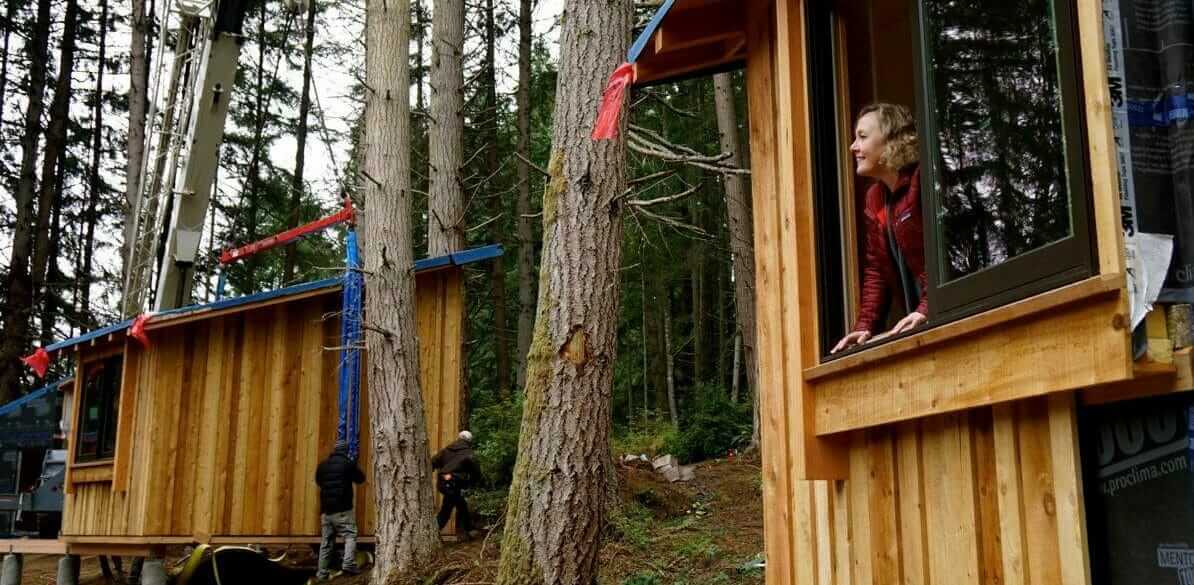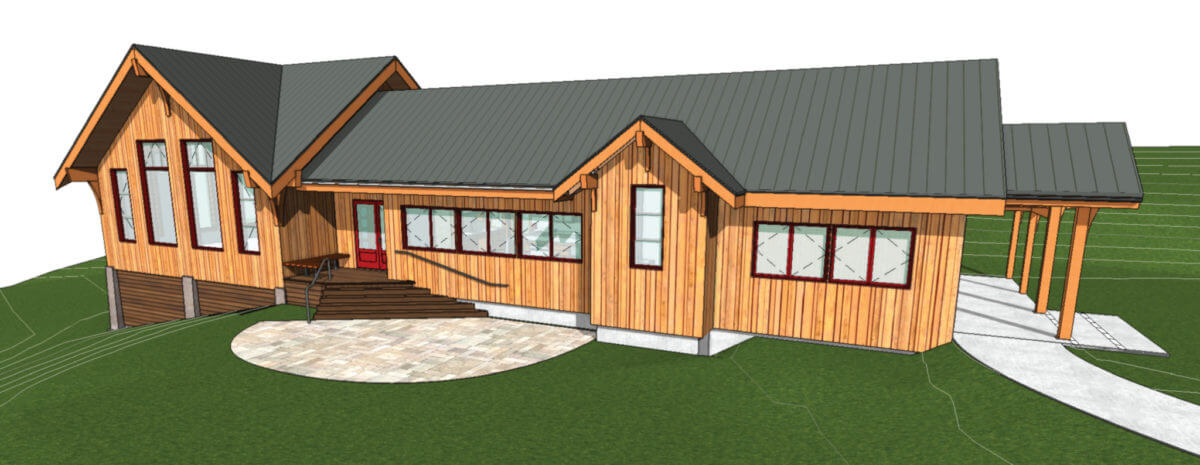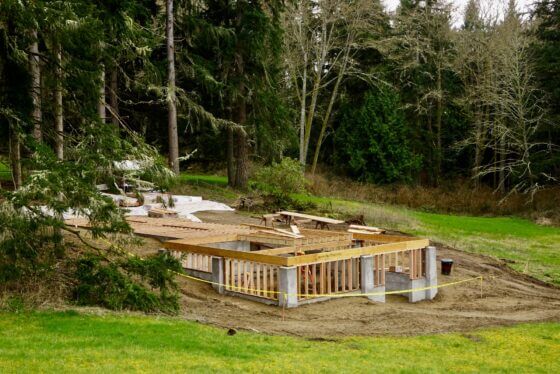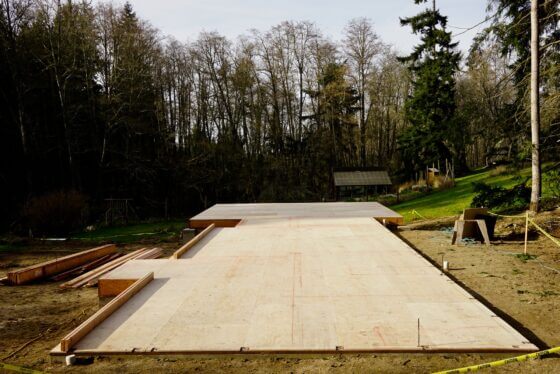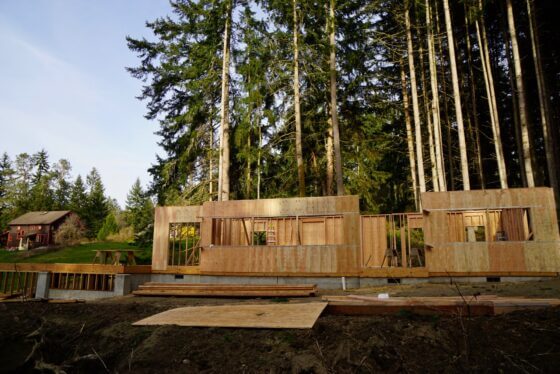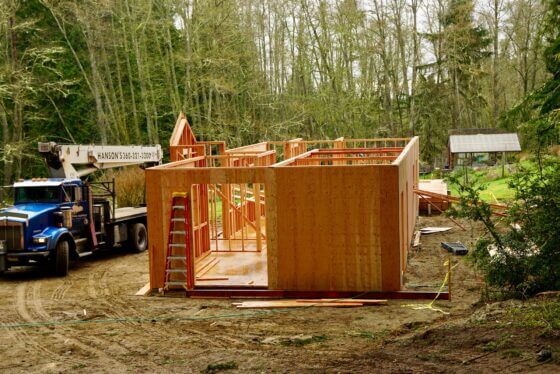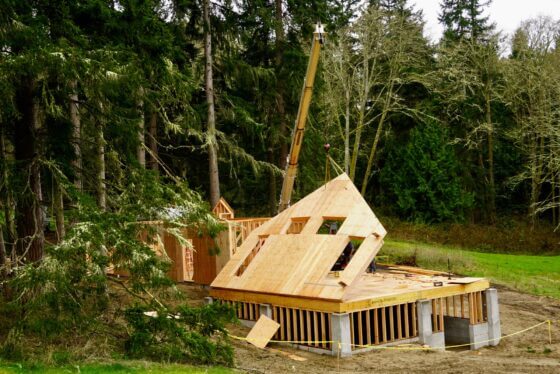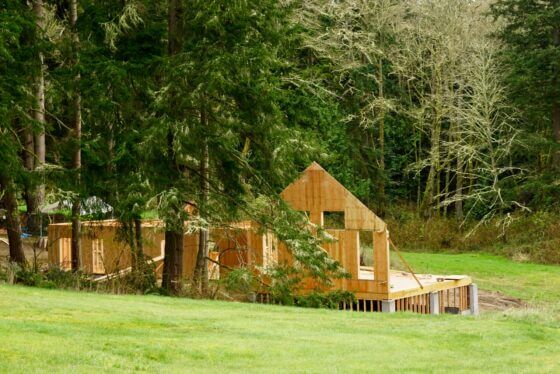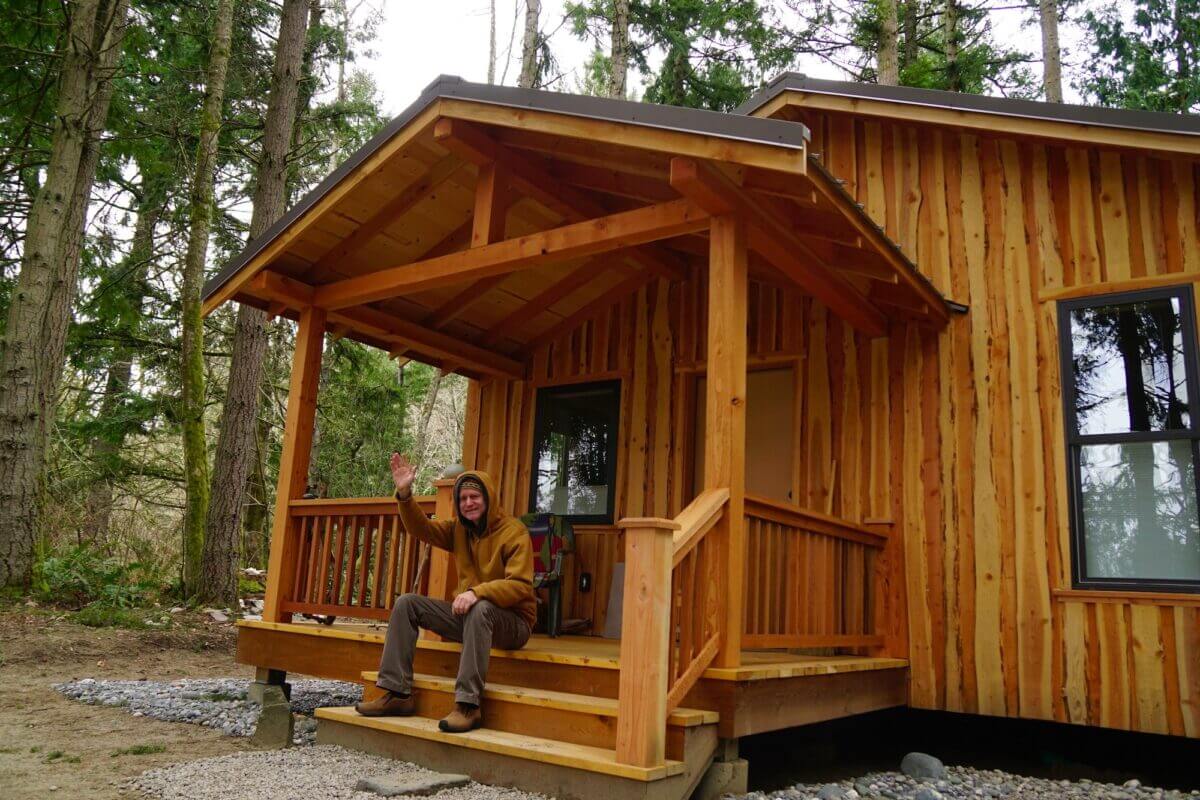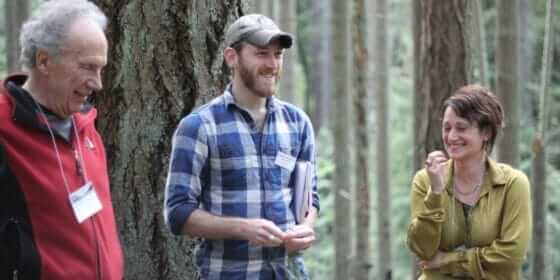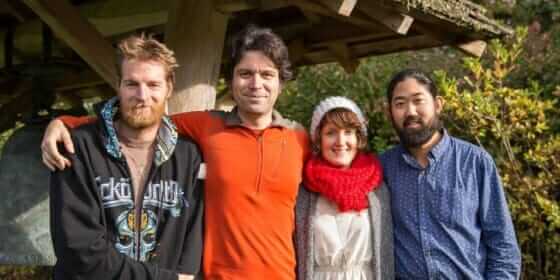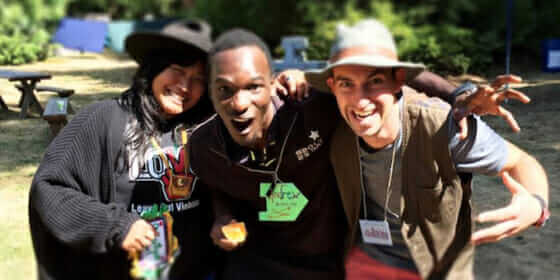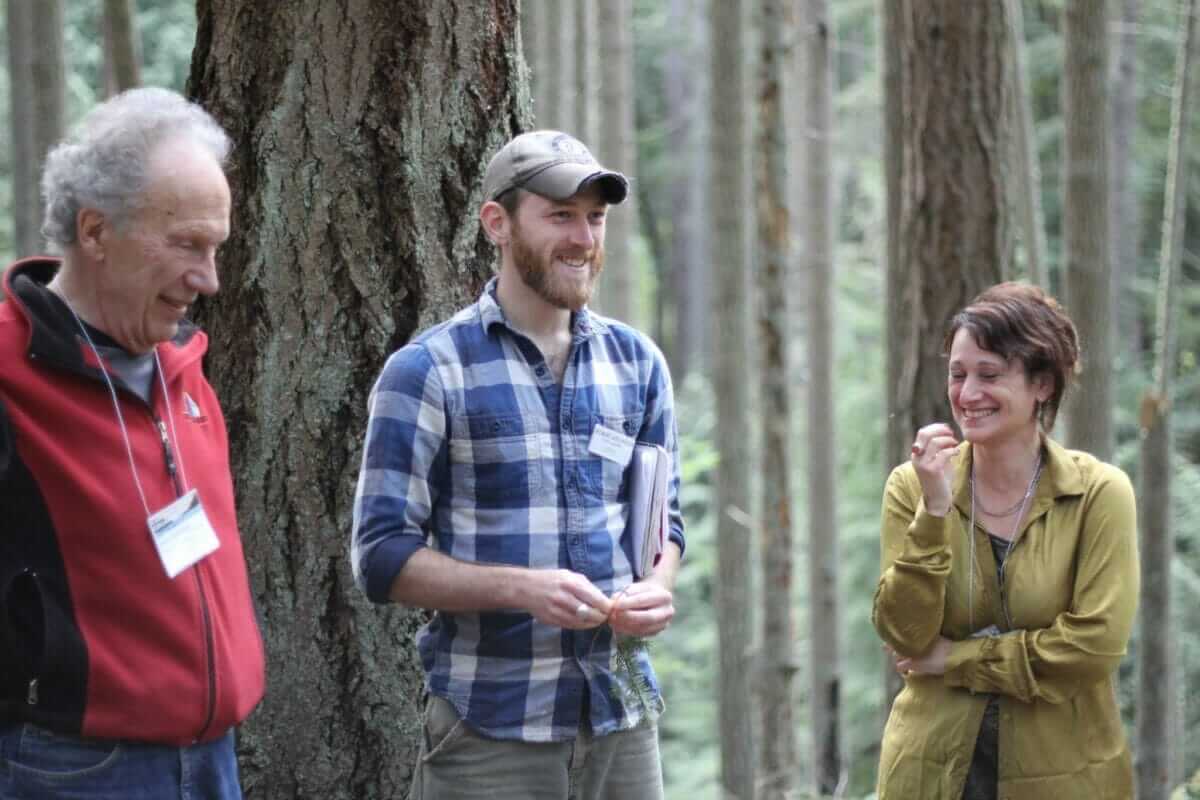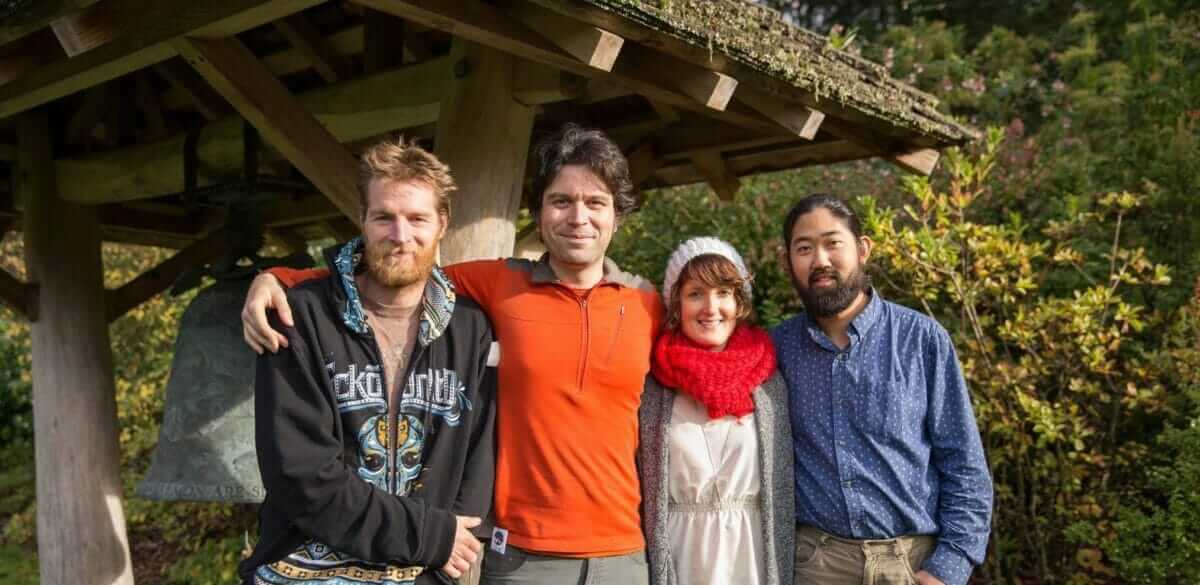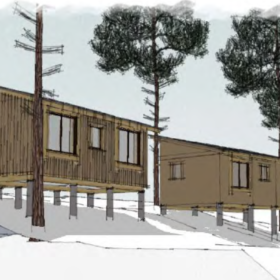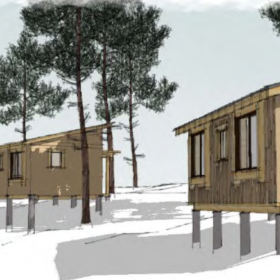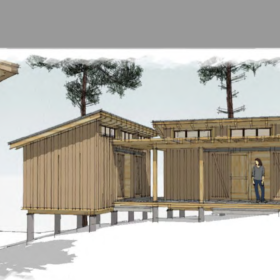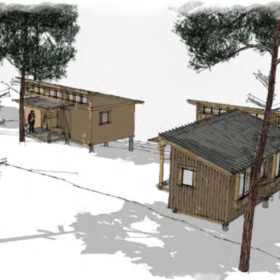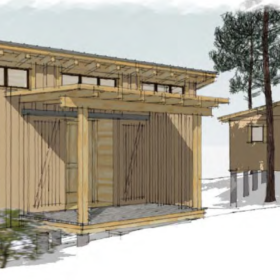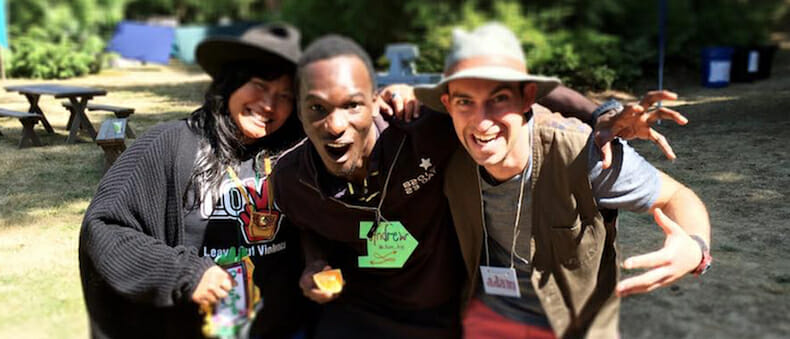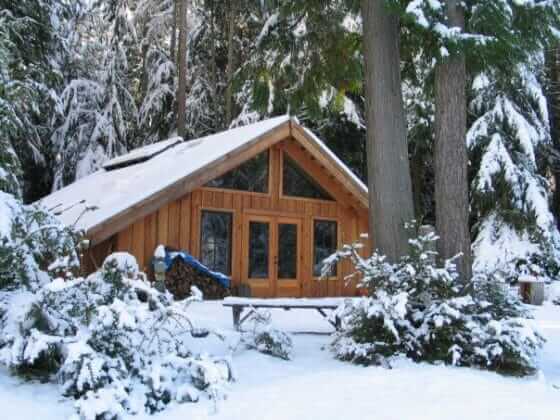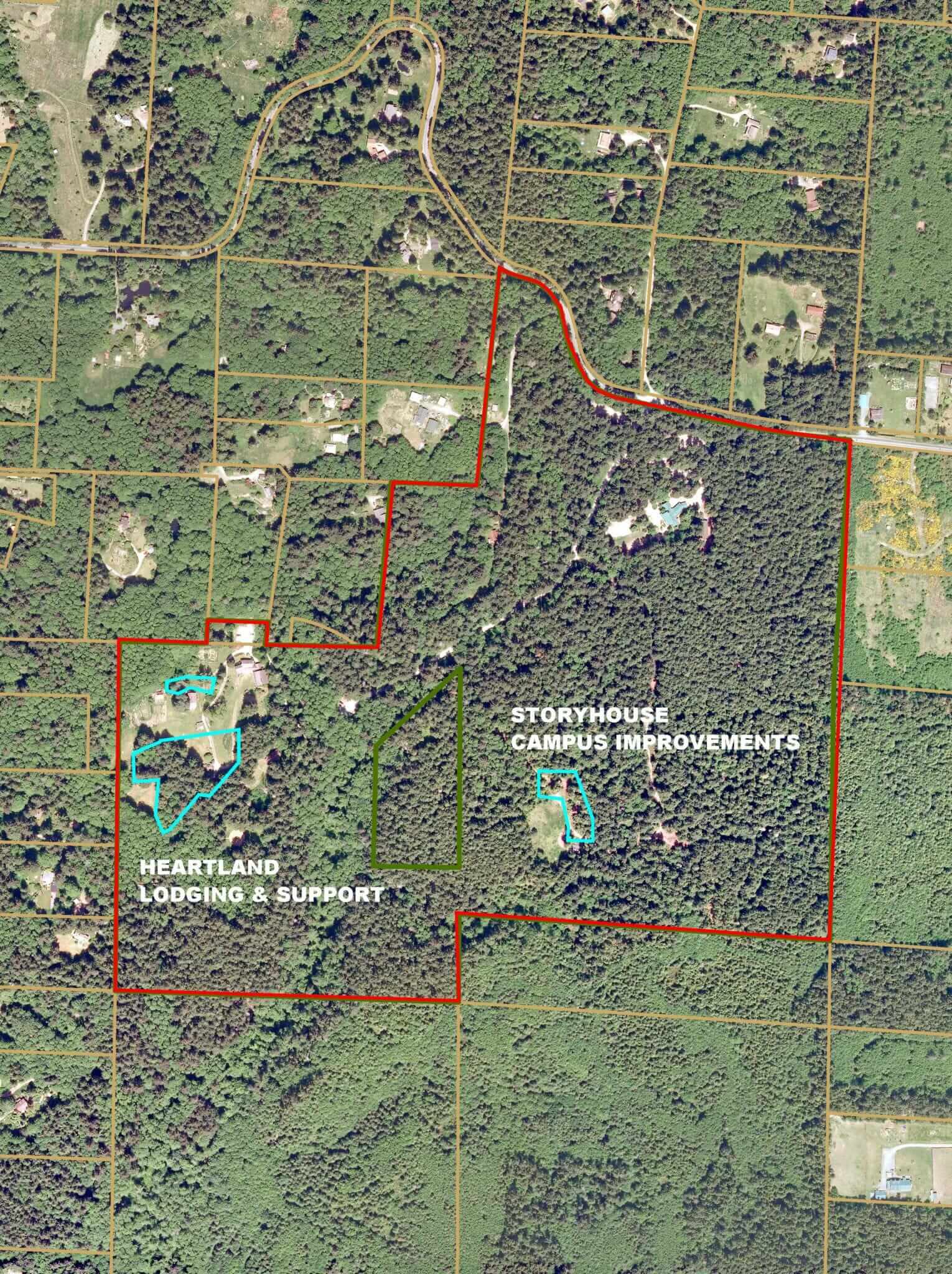The Commons: Now Under Construction
Since breaking ground on January 14, 2021, the new Commons building has rapidly taken shape! In early April, we got a glimpse of its silhouette as the first wall was lifted into place. We are so excited to see this beautiful, multi-purpose gathering space taking form. The Commons will provide welcoming space for program participants and volunteers, and substantially increase our capacity for transformational hosting.
We are so grateful to each of you who helped us reach this milestone with dedicated gifts totalling $1,020,000. This includes significant funding of $287,000 from the M.J. Murdock Charitable Trust and over $730,000 donated by individual donors like you! We also thank volunteer Project Manager Tucker Stevens, who stepped up to this role during his board service; designer Matthew Swett at Taproot Architects; builder Dan Neumeyer of Jade Craftsman Builders; site work contractors J & D Wallace; and staff member Thomas Arthur for managing arising needs onsite.
Our special gratitude goes out to Nancy Nordhoff for her matching gift of $200,000, and to Andy Anderson who gave $135,000 to ensure we could move forward this year. We also owe a tremendous debt of gratitude to Sharon Daloz Parks and Larry Parks Daloz, two Whidbey Institute Senior Fellows for whom the Commons has been a long-tended dream. Their outreach and fundraising efforts in 2019, including relationship-building with the M.J. Murdock Charitable Trust, helped secure a total of $549,000 for the Commons. We thank you, donors, for your multi-year pledges and one-time gifts—many given in honor of Sharon and Larry.
Construction is scheduled for completion in Autumn 2021.

